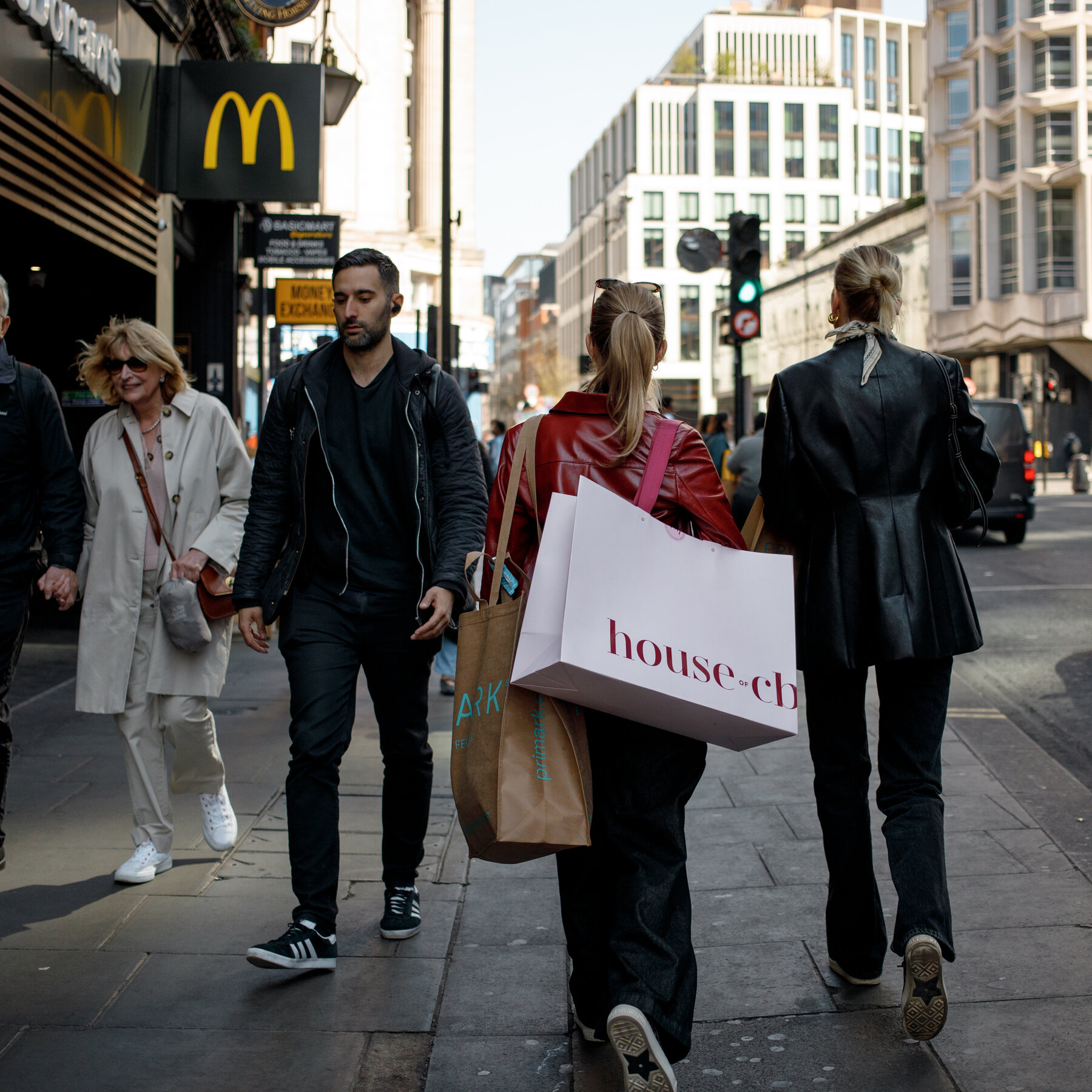The British government made faster economic growth its No. 1 mission. But efforts to kick-start it have been repeatedly knocked off course by a global economy lurching from one crisis to another.
On Thursday, British officials secured a win. They announced a trade agreement with the United States, which would lower tariffs on British imports of cars, steel and aluminum.
They emphasized that the two countries would continue to work closely together on “economic security.” The deal was not final, and other issues would be discussed in coming weeks.
“We’ve agreed the basis of a historic economic prosperity deal,” said Keir Starmer, the British prime minister, adding that it would protect thousands of jobs.
The agreement, hailed as the first that the Trump administration has reached since imposing higher tariffs on its trading partners, is limited in scope. While it would reduce tariffs on certain British and American goods, a 10 percent tariff would remain on most other British products. Economists have cautioned that a deal was likely to generate only a small boost for Britain, which is still vulnerable to global economic uncertainty.
“A still-uncertain global backdrop will continue to act as a drag on U.K. activity,” said Zara Nokes, an analyst at J.P. Morgan Asset Management.
British officials have been negotiating in Washington for months as they have sought to insulate their country from Mr. Trump’s desire to reshape the global trade order. They also wanted to protect an economy that barely avoided a recession at the end of last year and was on course for a relatively strong recovery later this year.
However, officials failed to secure exemptions last month when Britain was hit with the 10 percent “base line” tariffs that Mr. Trump imposed on America’s trading partners. Britain was also subject to 25 percent tariffs on cars and steel, and its leaders are concerned about threatened tariffs on pharmaceuticals and films, two important exports. Like other countries, Britain slashed its economic growth forecast because of the trade uncertainty.
For Mr. Starmer, the deal has helped vindicate overtures he made to the president (including an invitation from King Charles for a state visit) and might overshadow a setback in local elections last week.
One of key beneficiaries of the agreement is Britain’s auto industry, which was most at risk from high tariffs. The United States is the largest market for British cars, accounting for more than a quarter of Britain’s global car exports. Under Thursday’s agreement, British cars would be subject to a 10 percent tariff, up to a quota of 100,000 cars.
Many are luxury cars, like Jaguars, Aston Martins and Bentleys, that are made with custom details in Britain. These automakers have found it economically prohibitive to shift production to the United States and have paused shipments there. Mr. Starmer announced the deal and spoke to Mr. Trump from a Jaguar Land Rover factory in England, saying he wanted to be there to tell the workers about it.
“We were facing imminent announcements of very difficult news” in the automotive sector, said Jonathan Reynolds, the business and trade secretary.
The agreement would also cut U.S. tariffs on British steel and aluminum to zero. There would be “new reciprocal market access” on beef, though Britain would not lower its food safety standards to allow imported hormone-treated beef.
A trade deal could lift consumer and business sentiment, which has slumped recently. But there are limits to how much it would lift the overall British economy. Although the United States is an important trading partner, trade flows are heavily skewed toward services, which were not affected by higher tariffs. Britain exported 137 billion pounds’ worth of services to the United States last year, compared with £59.3 billion worth of goods.
More than 60 percent of businesses expect U.S. tariffs would have no impact in the next month, according to a recent survey by the Office for National Statistics.
Though Britain and the United States have been in trade negotiations for five years, this agreement is not a full-blown free-trade deal that lowers tariffs across a wide range of goods and increases access to many services, like the pact that Britain and India signed this week.
A bigger prize for Britain would be a closer relationship with the European Union, which represents about half of British trade. Some progress on an E.U. deal is expected this month at a summit in Britain.
Trade uncertainty is also weighing on the Bank of England, which cut interest rates a quarter point to 4.25 percent on Thursday.
British policymakers have cautiously cut rates since last year over concerns about lingering price pressures and a short-term bump in inflation expected this year. But some recently emphasized the risk to economic growth from trade uncertainty, which is expected to dampen business investment and consumer spending.
Policymakers were divided on Thursday’s rate cut. In an unusual split, five members, a majority, voted for the quarter-point cut, two voted to hold and two voted for a larger cut.
Economists have said the greater threat to Britain is the uncertainty that Mr. Trump’s trade policy has created globally, rather than tariffs on Britain. And it would take more than one trade deal with Britain to ease that.
Andrew Bailey, the governor of the Bank of England, said on Thursday, before details were announced, that he welcomed the agreement but added, “I very much hope it’s the first of many.”
“We need many trade deals” between the United States and other countries to address uncertainty, he said. “The U.K. is only a part of that.” He said there must be a closer look at how trade policy was decided and more confidence in the multilateral process.
Britain is vulnerable to external shocks, and its economy would suffer if its trading partners, like the European Union and the United States, fell into recession. But there are also homegrown economic issues holding back businesses, such as a concern that taxes might rise again, after an increase last month.
“The center of the U.K. story is not tariffs; it’s domestic factors,” said Benjamin Caswell, an economist at the National Institute of Economic and Social Research. It downgraded its forecast for Britain’s economic growth to 1.2 percent this year, predicting weak business confidence and higher cost pressures.
The sluggish outlook means the government could be faced with raising taxes or cutting public spending this year.
“Tariffs have engendered a lot of uncertainty, but I don’t think that should take the government off the hook,” Mr. Caswell said.




